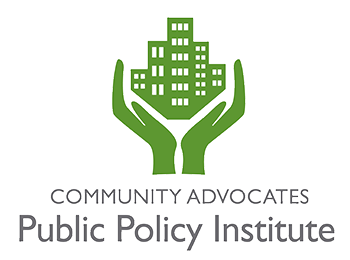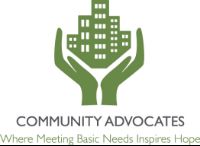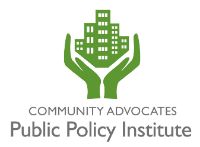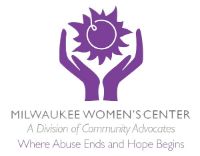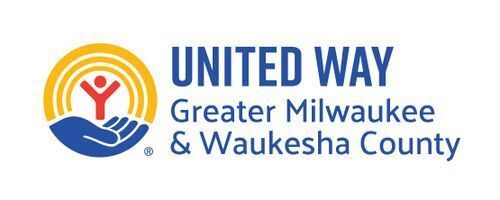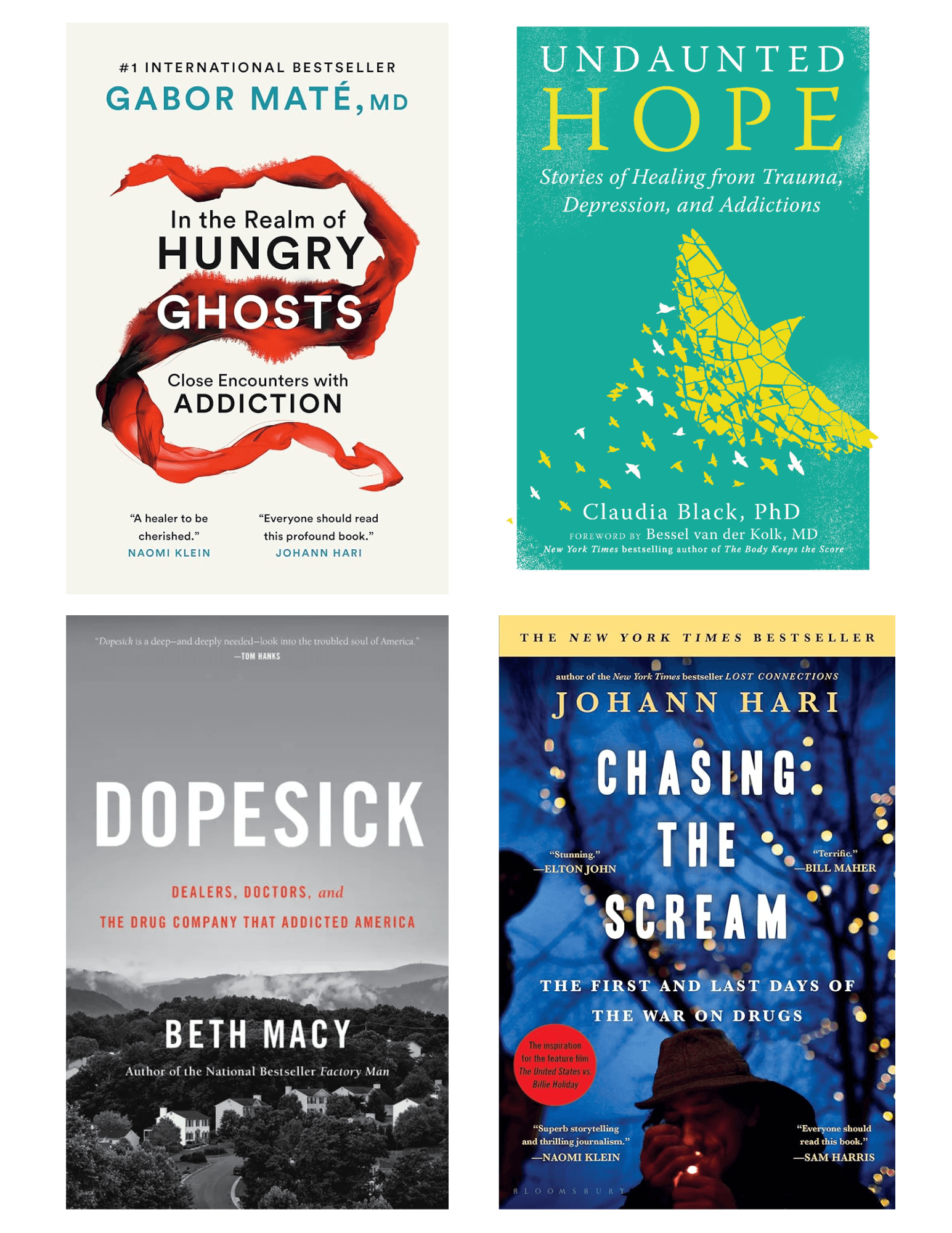
Many of us understand, at least to some extent, that mental health and substance use prevention are connected — but explaining exactly how can be challenging. For me, this understanding didn’t come solely from reading articles or attending trainings. It came from lived experience: from loving and living alongside community members, and even close family members, who have struggled with both mental health challenges and substance misuse.
On a personal level, I also know what it feels like to want to numb the pain of depression or anxiety — to want to escape. So it’s not difficult for me to understand how someone might turn to substances as a way to self-medicate. Over time, however, that coping mechanism can spiral into addiction.
What I’ve learned, through both personal experience and professional work in the field, is that many of the same root causes contribute to both mental health challenges and substance use disorders, including:
- Chronic stress
- Trauma or adverse childhood experiences (ACEs)
- Lack of knowledge or access to healthy coping skills
- Isolation or lack of community support
- Socioeconomic hardship and the chronic stress of living in survival mode
- Stigma and barriers to accessing care
Working in mental health and prevention has pushed me to broaden my understanding of these issues — not only on an individual level, but also through systemic and cultural lenses. I’ve had to ask hard questions: How does our country treat people with mental illness? What systems are in place to support — or fail — them? What public health models do we rely on, and who do they leave out?
It can feel daunting to peel back these layers, especially when the suffering is close to home. But one thing has become clear: when mental health is neglected — especially at a systemic level — substance misuse becomes more likely.
Just as the risk factors for mental illness and substance misuse often overlap, so do the protective factors — the elements that help prevent both. Strong relationships, a sense of belonging, access to culturally affirming care, emotional regulation skills, and community support are all examples of protective factors that build resilience and reduce the likelihood of experiencing mental health struggles or developing substance use disorders.
If we want to prevent addiction, we must care deeply about mental health. We must create spaces for healing, connection, and emotional education. We must invest in community-based approaches that make support accessible, culturally relevant, and non-judgmental.
In honor of Mental Health Awareness Month, I’d like to share a list of books that have helped me better understand the deep and often overlooked relationship between mental health and substance misuse. These books offered me invaluable insights into public health, trauma, healing, and the urgent need to shift how we support vulnerable communities.
They helped me see more clearly the inextricable link between my passion for mental health education and my role in supporting substance use prevention work in Milwaukee. Most of all, they renewed my sense of empathy and purpose — reminding me of the why behind the important work we do, every single day.
Gabor Maté's In the Realm of Hungry Ghosts
Countering prevailing notions of addiction as either a genetic disease or an individual moral failure, Dr. Gabor Maté presents an eloquent case that addiction – all addiction – is in fact a case of human development gone askew.
Dr. Maté, who for twelve years practiced medicine in Vancouver’s notorious Downtown Eastside – North America’s most concentrated area of drug use, begins by telling the stories of his patients, who, in their destitution and uniformly tragic histories, represent one extreme of the addictive spectrum. With his trademark compassion and unflinching narrative eye, he brings to life their ill-fated and mostly misunderstood struggle for relief or escape, through substance use, from the pain that has tormented them since childhood. He also shows how the behavioural addictions of society’s more fortunate members – including himself – differ only in degree of severity from the drug habits of his Downtown Eastside patients, and how in reality there is only one addiction process, its core objective being the self-soothing of deep-seated fears and discomforts.
Johann Hari's Chasing the Scream
One of Johann Hari's earliest memories is of trying to wake up one of his relatives and not being able to. As he grew older, he realized he had addiction in his family. Confused, not knowing what to do, he set out and traveled over 30,000 miles over three years to discover what really causes addiction--and what really solves it.
He uncovered a range of remarkable human stories--of how the war on drugs began with Billie Holiday, the great jazz singer, being stalked and killed by a racist policeman; of the scientist who discovered the surprising key to addiction; and of the countries that ended their own war on drugs--with extraordinary results.
Chasing the Scream is the story of a life-changing journey that transformed the addiction debate internationally--and showed the world that the opposite of addiction is connection.
Claudia Black's Undaunted Hope
Claudia Black, along with over a dozen world-renowned psychotherapists including Pia Mellody, Peter Levine, Patrick Carnes, Richard Schwartz, Resmaa Menakem, and Tian Dayton, provides clinical, human-focused insights on healing, treatment, and recovery.
People today are struggling with an unprecedented rise in mental health concerns such as depression, eating disorders, substance abuse, behavioral addictions, suicide, and more. The greatest barriers to getting help are their shame, their self-loathing, and the belief that their situation is hopeless. Undaunted Hope destigmatized these disorders and invites readers to take the first step to help: asking for it.
Through the narratives of twenty-one alumni from Meadows Behavioral Healthcare, world-renowned treatment facilities, readers may see themselves in parts of the stories—and ultimately find the courage to ask for help. Each storyteller reveals the origins of their struggles, the chaotic course of events leading up to treatment, what help entailed, and how their lives became richer, fuller, and more hopeful once they were willing to take the first step toward healing.This urgent and timely book presents the stories of the therapeutic work that occurs in Meadows' facilities, recognizing that trauma is most often the underlying issue to people’s struggles. The groundbreaking work at The Meadows has been validated by the landmark Adverse Childhood Experience Study (ACEs) carried out by the US Centers for Disease Control and Prevention for the past twenty-five years. These studies repetitively demonstrate the relationship of various traumas to mental health, substance abuse, and behavioral healthcare problems.
Beth Macy's Dopesick
In this extraordinary work, Beth Macy takes us into the epicenter of a national drama that has unfolded over two decades. From the labs and marketing departments of big pharma to local doctor's offices; wealthy suburbs to distressed small communities in Central Appalachia; from distant cities to once-idyllic farm towns; the spread of opioid addiction follows a tortuous trajectory that illustrates how this crisis has persisted for so long and become so firmly entrenched.
Beginning with a single dealer who lands in a small Virginia town and sets about turning high school football stars into heroin overdose statistics, Macy sets out to answer a grieving mother's question-why her only son died-and comes away with a gripping, unputdownable story of greed and need. From the introduction of OxyContin in 1996, Macy investigates the powerful forces that led America's doctors and patients to embrace a medical culture where overtreatment with painkillers became the norm. In some of the same communities featured in her bestselling book Factory Man, the unemployed use painkillers both to numb the pain of joblessness and pay their bills, while privileged teens trade pills in cul-de-sacs, and even high school standouts fall prey to prostitution, jail, and death.
Through unsparing, compelling, and unforgettably humane portraits of families and first responders determined to ameliorate this epidemic, each facet of the crisis comes into focus. In these politically fragmented times, Beth Macy shows that one thing uniting Americans across geographic, partisan, and class lines is opioid drug abuse. But even in the midst of twin crises in drug abuse and healthcare, Macy finds reason to hope and ample signs of the spirit and tenacity that are helping the countless ordinary people ensnared by addiction build a better future for themselves, their families, and their communities.
Cecilia Eva Tenorio is Community Advocates Public Policy Institute's Mental Health and Wellness Coordinator.
